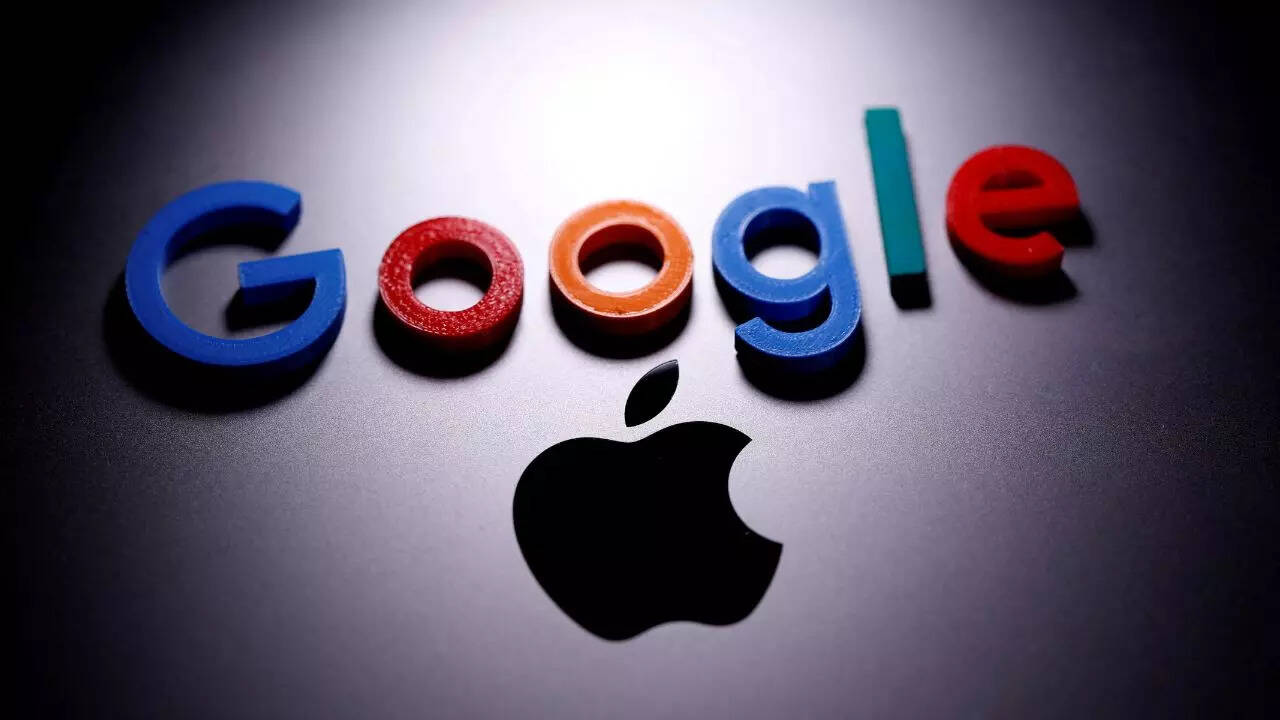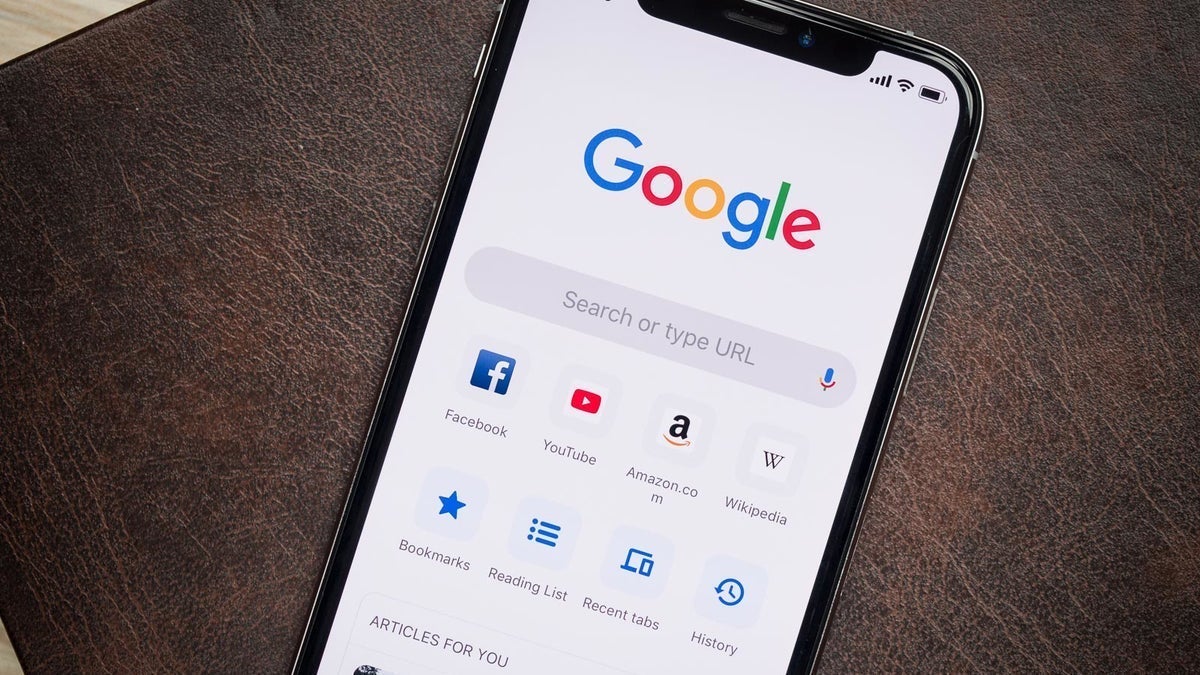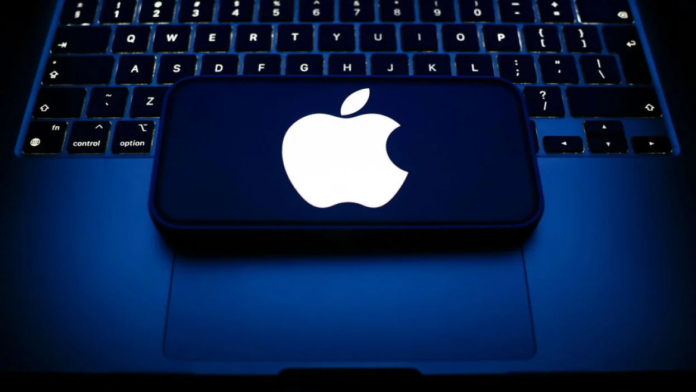Apple’s Senior Vice President of Services, Eddy Cue, recently clarified that the company does not plan to develop its own search engine, citing prohibitive costs and time requirements. “It would cost billions of dollars and take many years,” Cue stated during testimony in a high-profile antitrust lawsuit in the United States. This revelation comes as Apple defends its $20 billion search engine deal with Google, one of the largest agreements of its kind.
The Current Context: Apple and Google’s Search Agreement
Apple’s reliance on Google as the default search engine on its devices has been under scrutiny amid ongoing antitrust proceedings. The Justice Department alleges that the deal stifles competition and cements Google’s dominance in the search engine market. As part of the agreement, Google pays Apple billions annually to remain the default search engine on Safari and other Apple-owned platforms.
Critics argue that this partnership discourages competition and limits innovation in the search engine industry. However, Apple contends that the arrangement provides the best user experience for its customers while generating significant revenue.

Why Apple Isn’t Building Its Own Search Engine?
- Financial Investment:
Developing a search engine from scratch would require an astronomical financial outlay. Cue highlighted that such a project would cost billions of dollars, an investment Apple is unwilling to make. - Time Commitment:
Even with significant funding, creating a competitive search engine would take many years. Apple would need to build the infrastructure, data capabilities, and algorithms necessary to rival Google, a daunting task in an already saturated market. - Expertise Gap:
While Apple is a leader in hardware and software innovation, search engines operate on a different technological plane. Building a search engine requires extensive experience in data indexing, machine learning, and ad-based monetization models—areas where Google has had decades of head start. - User Experience Focus:
Apple prioritizes providing a seamless user experience. The partnership with Google allows it to offer the best-in-class search capabilities without diverting resources from its core focus areas, such as device innovation and ecosystem integration.
The Significance of the $20 Billion Deal
The agreement between Apple and Google is one of the most lucrative partnerships in the tech industry. In exchange for being the default search engine on Apple devices, Google provides substantial financial compensation—reportedly exceeding $20 billion annually.
This deal benefits both companies:
- For Apple: It generates a steady stream of revenue without the need to develop its own search engine.
- For Google: It ensures continued dominance in the search market by maintaining its presence on millions of Apple devices.
Antitrust Concerns and Legal Challenges
The antitrust lawsuit against Google and Apple’s search engine agreement centers on allegations that the partnership stifles competition. The Justice Department contends that such deals create an unfair advantage for Google, effectively barring smaller search engine companies from gaining a foothold.

Apple has defended the partnership, asserting that its decision to work with Google is based on delivering the best user experience. According to Cue, the integration of Google’s search engine aligns with Apple’s commitment to quality and efficiency.
Could Apple Ever Enter the Search Engine Market?
While Apple has ruled out building its own search engine for now, the company has the resources and technical expertise to pursue such a venture if the strategic need arises. However, several factors make this unlikely:
- Market Saturation: The search engine market is dominated by Google, with competitors like Bing, DuckDuckGo, and Yahoo holding relatively small shares.
- Risk of Failure: Entering a market with well-entrenched players involves significant risk, even for a company as large as Apple.
- Focus on Core Areas: Apple is heavily invested in hardware, software ecosystems, and services like Apple Music, iCloud, and Apple TV+. Diverting resources to build a search engine could dilute its focus.
Impact of Apple’s Decision
- Continued Google Dominance:
By choosing to stick with Google, Apple indirectly supports the search giant’s dominance in the market. - Revenue Stability for Apple:
The $20 billion annual payment from Google provides Apple with substantial financial leverage, which can be reinvested into its core businesses. - Limited Competition:
Without Apple entering the search engine market, competition remains limited, potentially reinforcing Google’s stronghold.
A Strategic Business Choice
Apple’s decision to not pursue its own search engine reflects a calculated business strategy rather than a lack of ambition. By maintaining its partnership with Google, Apple secures a significant revenue stream while avoiding the costs and challenges associated with building a search engine from scratch.
This pragmatic approach aligns with Apple’s broader goals of enhancing its ecosystem and delivering high-quality experiences to its users. As the antitrust lawsuit unfolds, Apple’s rationale and strategic priorities will likely come under closer scrutiny, but for now, the tech giant remains steadfast in its decision.
Apple and Google’s partnership is a testament to the complex interplay of competition and collaboration in the tech industry—a relationship that continues to shape the digital landscape.

